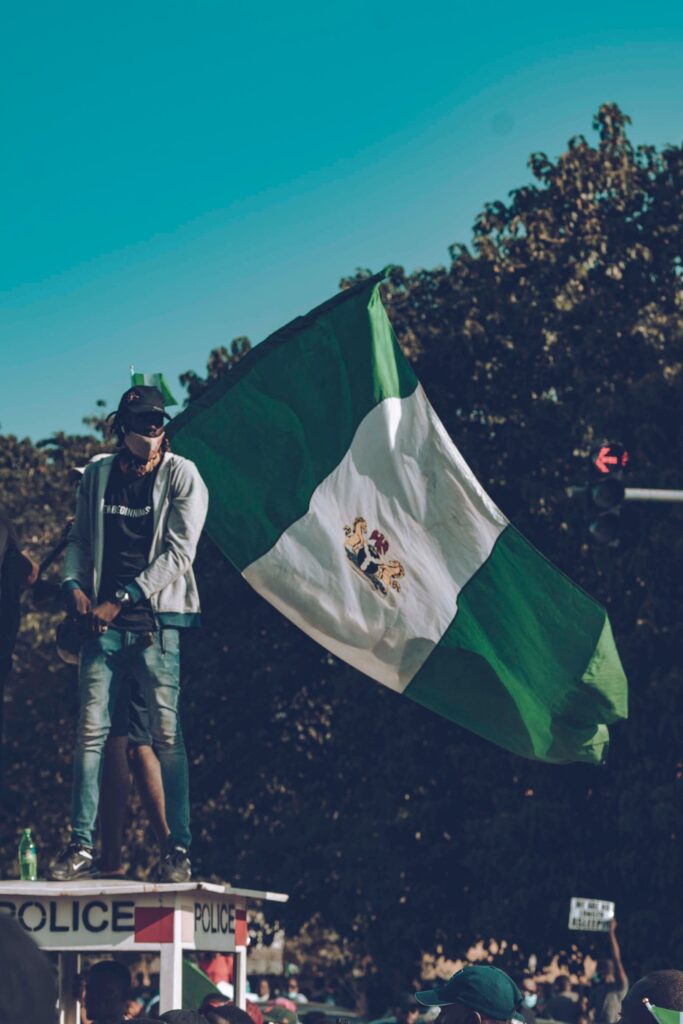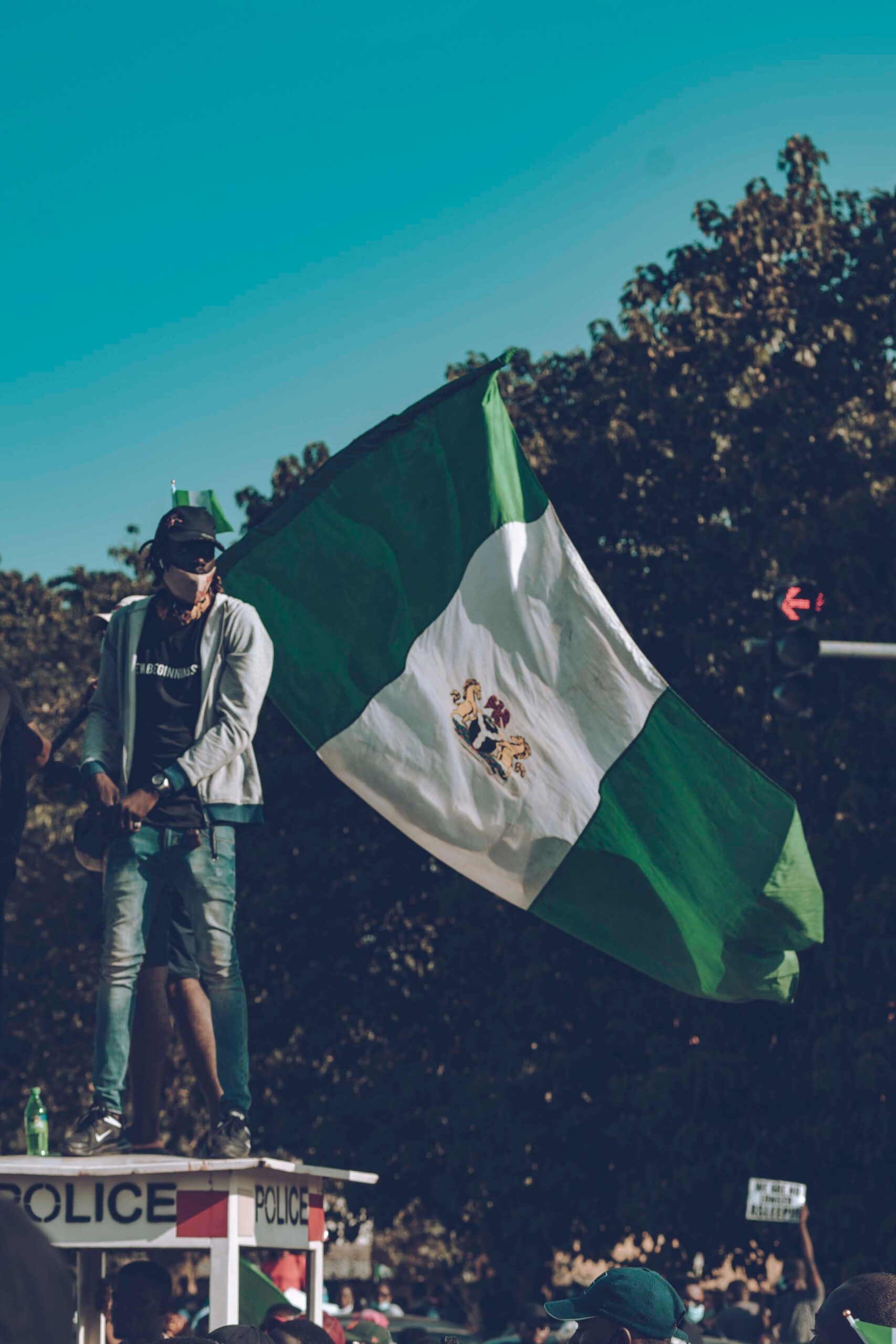
On the 7th of June 2018, former President Muhammadu Buhari declared June 12 to be Nigeria’s new Democracy Day. According to him,
“June 12, 1993, was the day when Nigerians in millions expressed their democratic will in what was undisputedly the freest, fairest and most peaceful election since our independence.
The fact that the outcome of that election was not upheld by the then-military government does not distract from the democratic credentials of that process. Accordingly, after due consultations, the federal government has decided that henceforth, June 12 will be celebrated as Democracy Day.”
Democracy Day was previously celebrated on the 29th of May, it commemorated Nigeria’s return to civilian governance and the beginning of Nigeria’s fourth republic on the 29th of May 1999.
Why is Democracy Day Important?
Democracy Day is important because it represents the end of military rule. From 1966 till 1999 Nigeria experienced military rule with a brief period of civilian rule (from 1979-1983). The military period was characterised by repression and the loss of fundamental rights, such as the freedom to air their opinions because doing so attracted punishment in the form of imprisonment, or even death as in the case of journalist, Dele Giwa. It was also characterised by economic mismanagement and endemic corruption.
As such, there was a desire to return to the freedom of democracy. Democracy Day represents Nigerians’ optimism and hope when the nation returned to democratic rule.
Why is June 12 Nigeria’s New Democracy Day?
June 12 is significant because of its importance in Nigeria’s political history. June 12, 1993, was slated to be the day Presidential Elections were to be held in the country, the elections were organised by the military government of Ibrahim Babangida and were meant to usher in Nigeria’sThird Republic.
The contest was between the National Republican Convention (NRC) and the Social Democratic Party (SDP) which had Bashir Tofa and Moshood Kashimawo Olawale Abiola as their flag bearers respectively. The elections were conducted by the National Electoral Commission (NEC). Although the results were not announced, it indicated a victory for Abiola. Still, before the announcement could be made, the elections were annulled by the then Head of State Major General Ibrahim Babangida citing electoral irregularities. However, the elections have been hailed as being the freest in our country’s history. June 12 is also viewed by many as a pivotal moment in our nation’s politics as the winner of that election MKO Abiola had broken through Nigeria’s ethno-religious divide to enjoy popular support from all parts of the country a feat that has yet to be replicated in any election since then.
The decision by former President Muhammadu Buhari to make June 12 the nation’s new democracy day, was an attempt to honour the significance of that day and what it represents for Nigerians, as on that day, even if briefly the ideals of democracy were on display, the freedom to choose who to rule them without fear of violence, coming together as one people without the considerations of religion or ethnicity.
Conclusion
Nigeria’s return to democracy has been anything but perfect, and many have been disappointed as they felt their high hopes have not been met with the various problems our democracy faces like the lack of credible elections, elections that are marred by violence and other irregularities, corruption, nepotism etc. Yet Nigeria’s democracy is still young and there is still a lot of room for growth, a poignant example is the recent adoption of the Bimodal Voter Accreditation System (BVAS) which was adopted by INEC and has gone a long way in eliminating some of the irregularities that have previously marred our electoral process. On this democracy day, we remember that our democracy was hard won, and despite its shortcomings, Nigeria has made discernable progress since the return to democracy in 1999 and given time and our vigilance as citizens, we can build a better nation.

